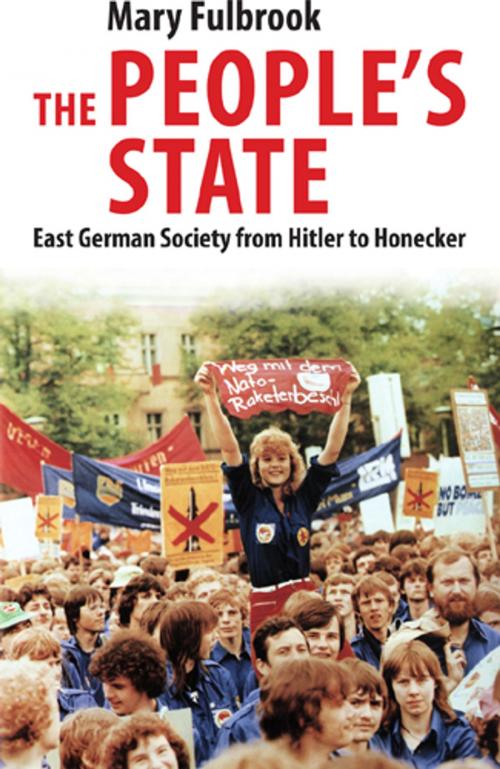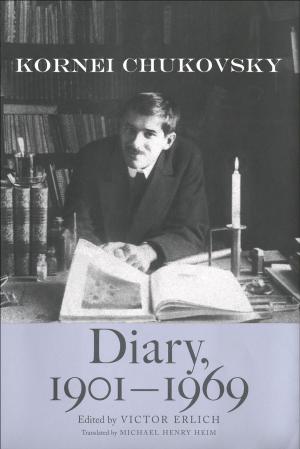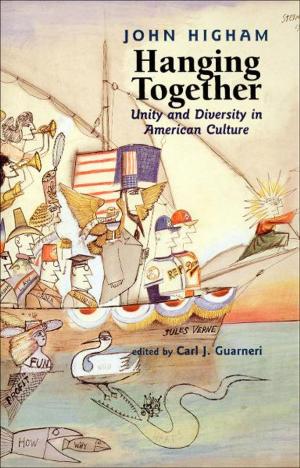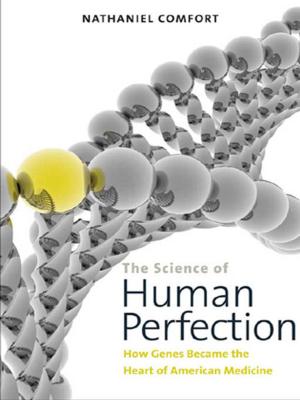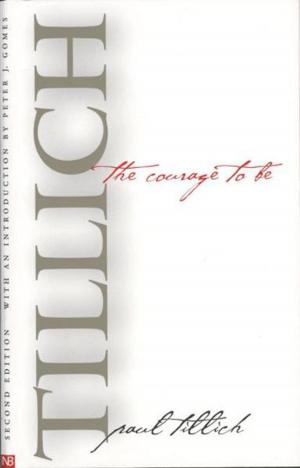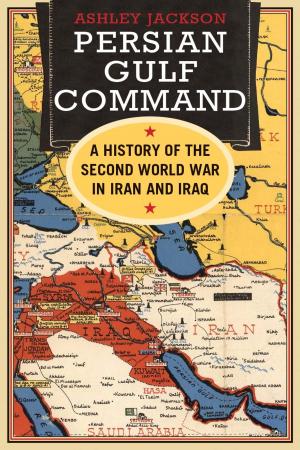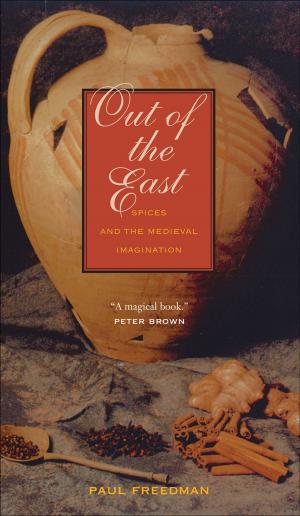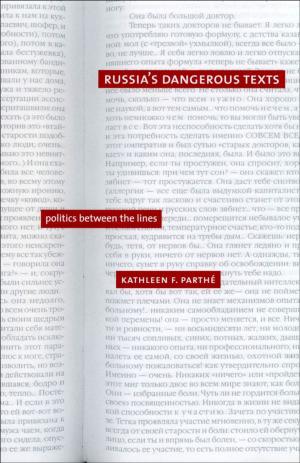| Author: | Mary Fulbrook | ISBN: | 9780300176384 |
| Publisher: | Yale University Press | Publication: | December 2, 2008 |
| Imprint: | Yale University Press | Language: | English |
| Author: | Mary Fulbrook |
| ISBN: | 9780300176384 |
| Publisher: | Yale University Press |
| Publication: | December 2, 2008 |
| Imprint: | Yale University Press |
| Language: | English |
What was life really like for East Germans, effectively imprisoned behind the Iron Curtain? The headline stories of Cold War spies and surveillance by the secret police, of political repression and corruption, do not tell the whole story. After the unification of Germany in 1990 many East Germans remembered their lives as interesting, varied, and full of educational, career, and leisure opportunities: in many ways perfectly ordinary lives.”Using the rich resources of the newly-opened GDR archives, Mary Fulbrook investigates these conflicting narratives. She explores the transformation of East German society from the ruins of Hitler's Third Reich to a modernizing industrial state. She examines changing conceptions of normality within an authoritarian political system, and provides extraordinary insights into the ways in which individuals perceived their rights and actively sought to shape their own lives.Replacing the simplistic black-and-white concept of totalitarianism” by the notion of a participatory dictatorship,” this book seeks to reinstate the East German people as actors in their own history.
What was life really like for East Germans, effectively imprisoned behind the Iron Curtain? The headline stories of Cold War spies and surveillance by the secret police, of political repression and corruption, do not tell the whole story. After the unification of Germany in 1990 many East Germans remembered their lives as interesting, varied, and full of educational, career, and leisure opportunities: in many ways perfectly ordinary lives.”Using the rich resources of the newly-opened GDR archives, Mary Fulbrook investigates these conflicting narratives. She explores the transformation of East German society from the ruins of Hitler's Third Reich to a modernizing industrial state. She examines changing conceptions of normality within an authoritarian political system, and provides extraordinary insights into the ways in which individuals perceived their rights and actively sought to shape their own lives.Replacing the simplistic black-and-white concept of totalitarianism” by the notion of a participatory dictatorship,” this book seeks to reinstate the East German people as actors in their own history.
